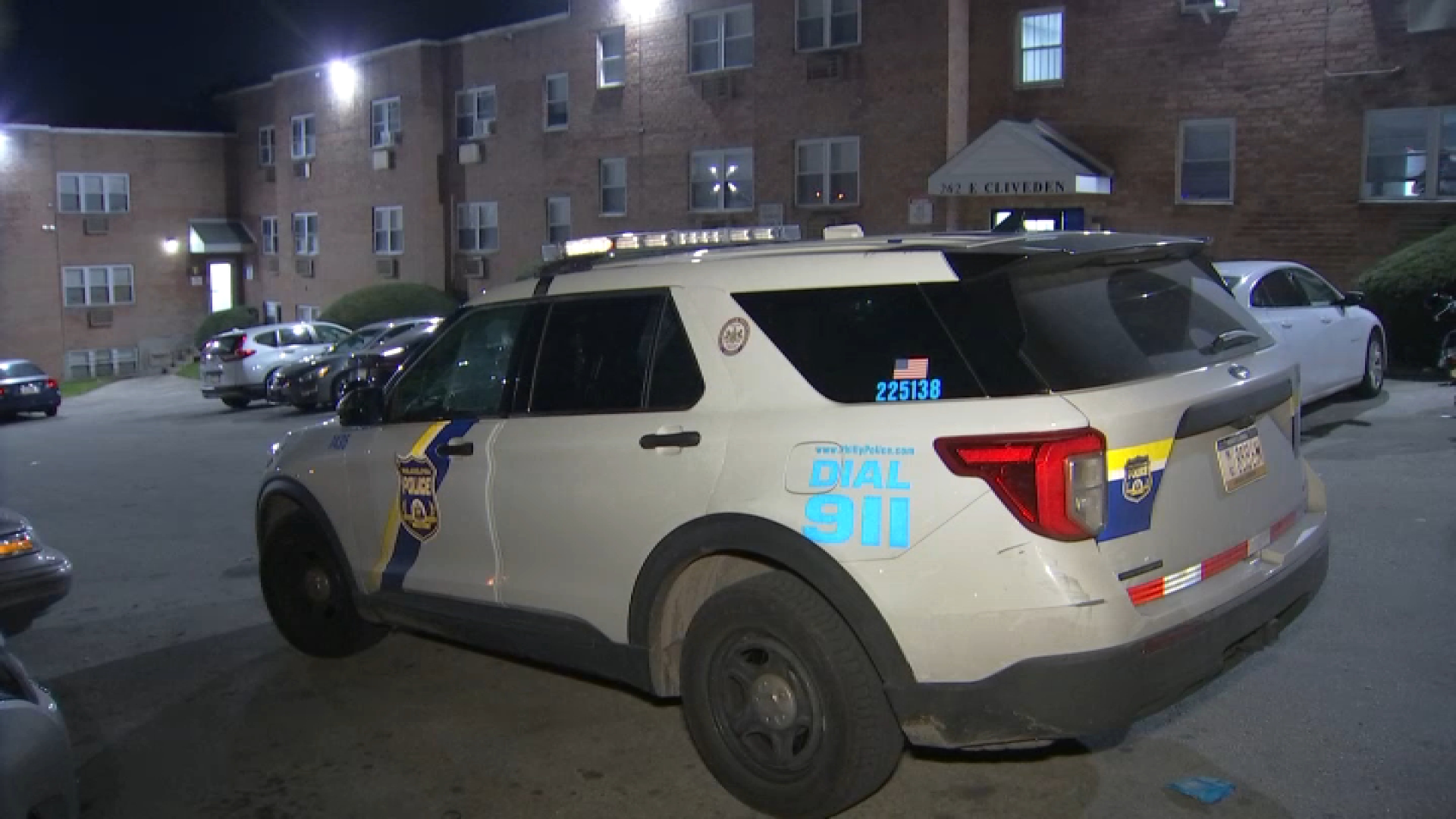What to Know
- A total of 2,285 Temple students, faculty and staff received the MMR vaccine, for measles, mumps and rubella, Wednesday.
- As of Thursday, the number of confirmed and probable cases tied to Temple had reached 108, according to the city health department.
- The University of Pennsylvania announced Wednesday that one undergraduate student living off campus also has a confirmed case of the mumps.
Nearly 2300 students and staffers lined up at Temple University Wednesday for free vaccine and booster shots as the number of mumps cases at the school topped 100.
As of Thursday, the number of confirmed and probable cases tied to the university had reached 108, according to the city health department.
A total of 2,285 Temple students, faculty and staff received the MMR vaccine, for measles, mumps and rubella, Wednesday in an effort to contain the outbreak. Another free clinic will be held Friday from 9 a.m. to 4 p.m. in Mitten Hall's Great Court on 1913 North Broad Street.
Among those in line Wednesday was Lauryn Edmondson, a 20-year-old communications major.
"At first, I was kind of freaking out a little bit," she said, adding she worried because she has some friends and family members who are immunocompromised.
"The best I can do for myself and others is to get my booster shot," she said.
Local
Breaking news and the stories that matter to your neighborhood.
She believes the school could have initially done a better job at informing students about the outbreak. She said now the school is distributing helpful information and she feels like she has a better handle on it.
As Temple continues to deal with the outbreak, the University of Pennsylvania announced Wednesday that one undergraduate student living off campus also has a confirmed case of the mumps. Public health officials are monitoring the situation but don't believe the Penn case is related to Temple.
Drexel and West Chester have also seen individual cases of the mumps.
Fifty years ago, mumps was a childhood rite of passage of puffy cheeks and swollen jaws. That all changed with the arrival of a vaccine in the late 1960s, nearly eradicating the disease. Research suggests that protection fades 10 or more years after the second dose.
The Centers for Disease Control and Prevention say the MMR vaccine is the best protection.
Mumps is caused by a virus. It's contagious and spread through coughing and sneezing. Common symptoms are fever, headache, and painfully swollen salivary glands that can cause puffy cheeks. Most cases occur in children and teens who spread it at schools and dormitories.
Some people never have symptoms. In most others, it is a mild disease that people completely recover from in few weeks. Sometimes it can lead to complications: hearing loss, meningitis and swollen testicles. In rare cases, infections lead to sterility.



